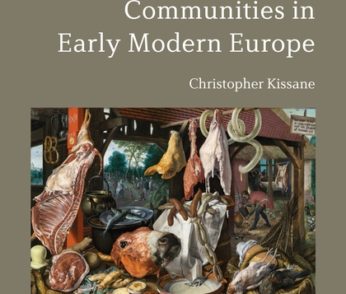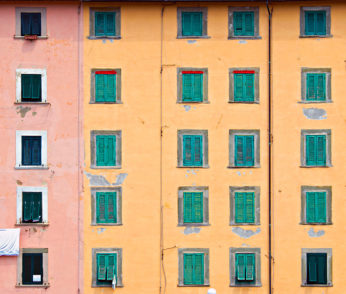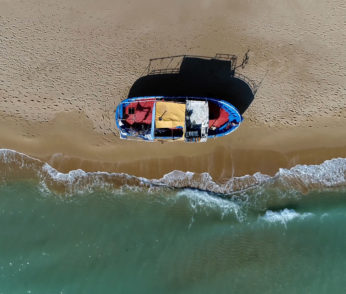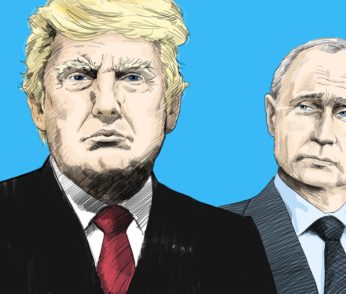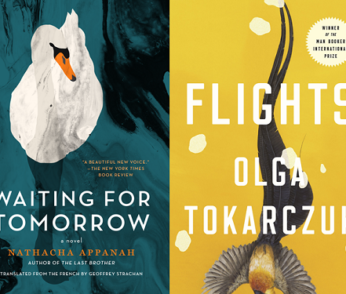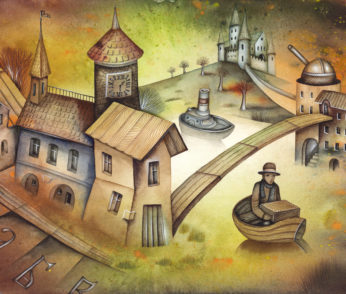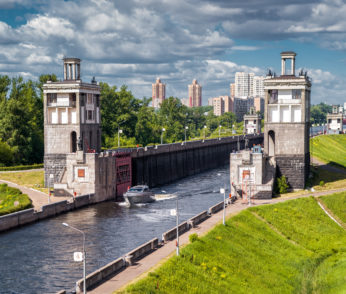Reviewed by Jodi Campbell
Christopher Kissane has written an engaging and informative book that introduces readers to the significant role of food in the social and cultural history of early modern Europe. He paints a broad picture of a range of communities, from Catholic to Protestant, northern to southern, elite to poor. These patterns are illustrated and enriched by the narration of numerous individual experiences of ordinary people whose food practices came into conflict with religious or secular authorities, and therefore left a paper trail.

